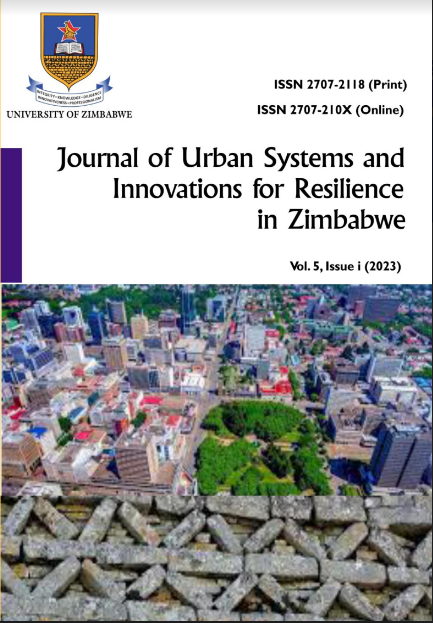Devolution and Public Service Delivery: Evidence from Masvingo City, Zimbabwe
Keywords:
Participation, devolution, decentralisation, service deliveryAbstract
Devolution in Zimbabwe has always been a contested subject. Devolution is the transfer of powers and responsibilities from the
central government to subnational authorities. Its objective is to give powers of local governance to the people and enhance participation in making decisions thus improving service delivery. The purpose of the study was to determine the effects of devolution on public service delivery in Masvingo. Despite it being constitutionalised, devolution still appears to be on paper rather than practical, hence the investigation to assess whether there has been any improvement in terms of service delivery. The study adopted a mixed methods research approach and used purposive sampling. Data were collected using interviews and questionnaires. Thematic data analysis was used in the study. The main findings of the study indicate that devolution can improve service delivery by increasing the efficiency and effectiveness of operations by minimizing bureaucracy. The study highlighted that the devolution funds led to improved service delivery. The council has constructed schools, bought motorised graders and drilled solar-powered boreholes to improve water supply amongst other devolution-funded projects. However, results indicate that there is still a lack of proper citizen participation to ensure meaningful development. The study recommends that there be improved transparency and accountability to coordinate and support the implementation of devolution-funded projects that improve service delivery.




